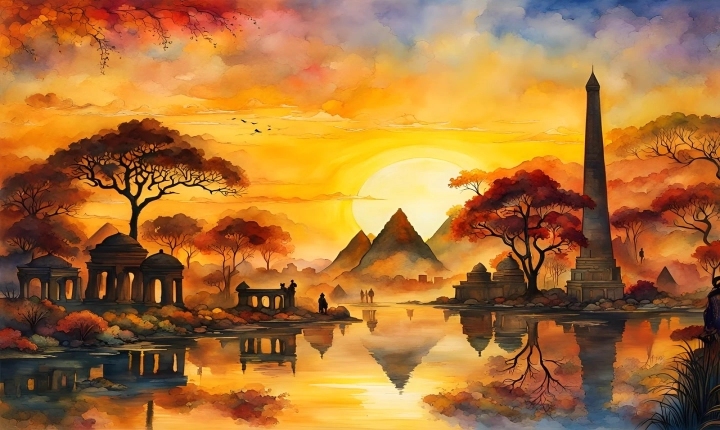Title: How to Convert a Picture to AI Format: A Step-by-Step Guide
Converting a picture to AI format can be crucial for graphic designers, illustrators, and artists. AI (Adobe Illustrator) format is a vector-based file format that allows for easy editing and scaling without losing quality, making it ideal for logos, illustrations, and other graphic designs. Fortunately, the process of converting a picture to AI format is straightforward and can be achieved using various software and online tools. In this article, we’ll provide a step-by-step guide on how to convert a picture to AI format.
Step 1: Choose the Right Software
There are several software options available for converting a picture to AI format, but Adobe Illustrator is the most popular and widely used. If you don’t have access to Adobe Illustrator, you can also use other vector graphic software such as CorelDRAW, Inkscape, or even online tools like Vector Magic. Choose the software that best suits your needs and budget.
Step 2: Open the Picture in the Chosen Software
Once you have the appropriate software installed, open the picture you want to convert to AI format. Most software programs allow you to open common image file formats such as JPEG, PNG, or BMP.
Step 3: Use the “Image Trace” or “Vectorize” Tool
In Adobe Illustrator, the “Image Trace” tool is used to convert raster images (such as JPEG or PNG) into vector artwork. This tool analyzes the colors and shapes in the image and converts it into a vector format. In other software programs, look for similar features like “Vectorize” or “Trace Bitmap”.
Step 4: Adjust the Settings
After selecting the “Image Trace” or “Vectorize” tool, you may need to adjust the settings to achieve the desired result. Most software programs allow you to adjust parameters such as color mode, threshold, paths, and corners. Experiment with these settings to find the best conversion for your picture.
Step 5: Save the File as AI Format
Once you are satisfied with the conversion, save the file in AI format. In Adobe Illustrator, you can simply select “Save As” and choose AI as the file format. In other software programs, look for similar options to save the file in AI format.
Step 6: Edit and Fine-Tune the Vector Artwork
After saving the picture in AI format, you can now edit and fine-tune the vector artwork as needed. Since AI format allows for easy editing and scaling, you can modify the colors, shapes, and lines to suit your design requirements.
In conclusion, converting a picture to AI format is a fundamental skill for anyone working with graphic design and illustrations. By following the step-by-step guide outlined in this article, you can efficiently convert your pictures to AI format using the software of your choice. Whether it’s for creating logos, illustrations, or other graphic designs, the vector-based AI format provides flexibility and high-quality results for your creative projects.
